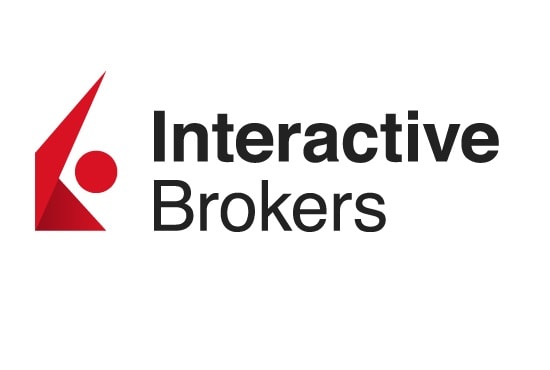E-Trade | Vanguard | |
Monthly Fee | 0% – 0.35%
0% on stocks and ETFs in self directed brokrage, 0.35% for Core Portfolio Robo Advisor
| Up to 0.30%
$0 online commission on U.S. listed stocks, mutual funds and ETFs, options: $0.65 per-contract, Vanguard Digital Advisor – 0.015%, Vanguard Personal Advisor: 0.03%, Vanguard Personal Advisor Select: up to 0.03%, Vanguard Wealth Management: up to 0.03% |
Account Types | Brokerage, Retirement | Brokerage, Retirement, Wealth Management |
Savings APY | 4.00% | 3.65% |
Minimum Deposit | $0 | $0 – $5M
Vanguard Brokerage: $0,
Vanguard Digital Advisor: $100,
Vanguard Personal Advisor: $50,000,
Vanguard Personal Advisor Select: $500,000,
Vanguard Wealth Management: $5M |
Best For | Beginners, Traders, Robo Advisor | Long Term Investors, Retirement, Robo Advisor, Wealth Management |
Read Review | Read Review |
E-Trade vs. Vanguard: Compare Features
Vanguard is a top choice for long-term, budget-conscious investors, thanks to its low fees, wide selection of affordable funds, and solid retirement planning tools.
Vanguard | E-Trade | |
|---|---|---|
Investing Options | Full Access To Almost Any Asset | Full Access To Almost Any Asset |
Investing Types | Stocks, Options, ETFs, Bonds & CDs, Mutual Funds, Money Market Funds | Stocks, Options, Futures, ETFs, Bonds, Mutual Funds |
Automated Investing | Yes | No |
Paper Trading | No | No |
IPO Access | No | Yes |
Dedicated Advisor | Yes | Yes |
Tax Loss Harvesting | Yes | Yes |
On the other hand, E-Trade stands out for those who love active trading, offering unique features and advanced trading options that cater to more hands-on investors.
-
Self Investing And Fundamental Analysis Options
Vanguard is better for long-term investors who maintain a high-value portfolio, while E-Trade may be more attractive for active traders and investors.
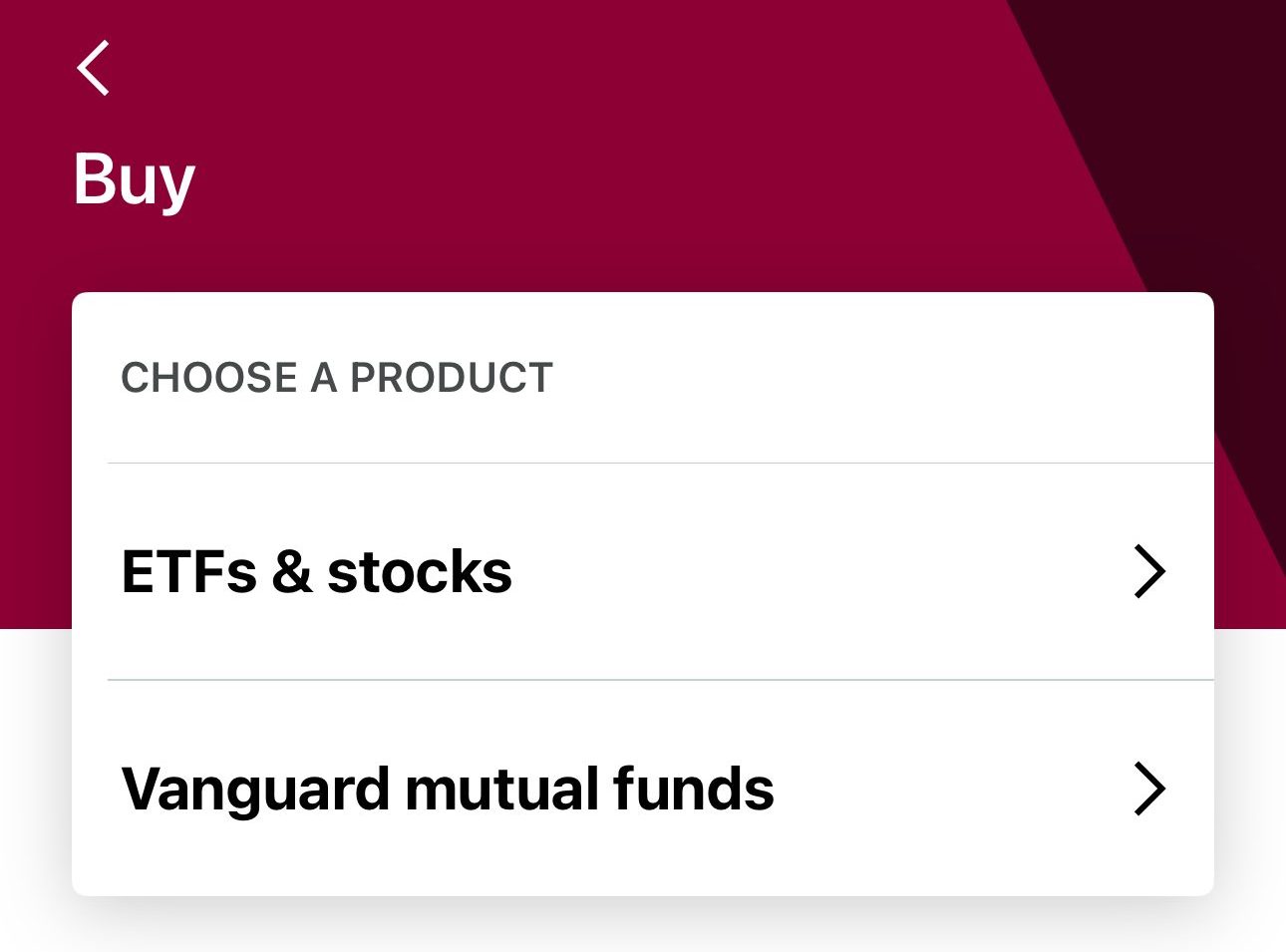
For investors focused on fundamental analysis, Vanguard offers several features to evaluate and monitor investments.
These include comprehensive research tools that provide detailed company financials, analyst reports, and historical performance data.

Vanguard’s Portfolio Watch and Portfolio Tester tools allow investors to track and analyze their portfolio’s asset allocation and performance over time, ensuring alignment with their long-term financial goals.

E-Trade's fundamental analysis tools are robust enough for most investors, providing a comprehensive view of a company’s financial health, market position, profit margins, and debt levels, across different companies.
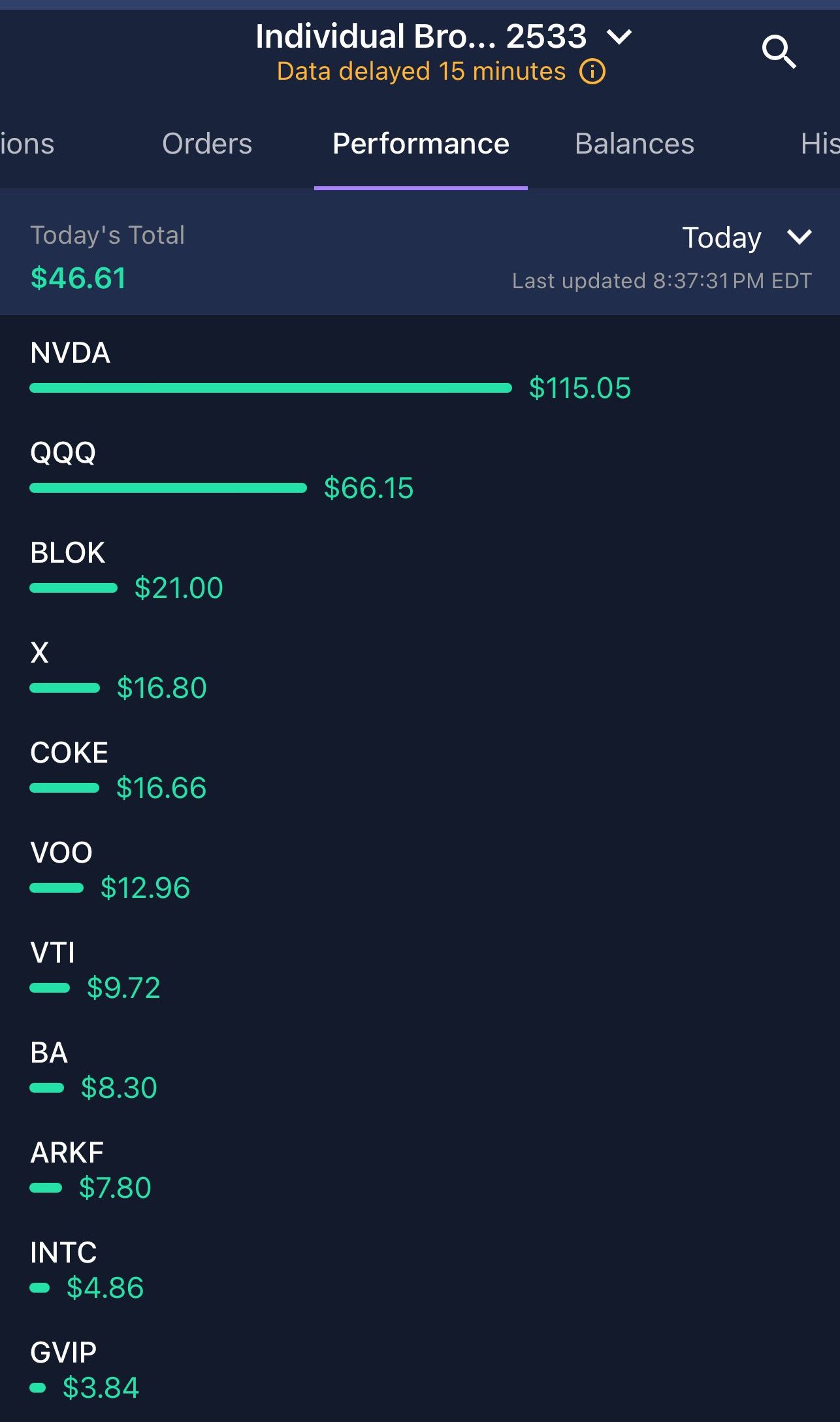
The platform provides access to a wide range of research reports, IPO access, detailed stock screeners, analyst ratings, earnings reports, and financial statements.
-
Trading Options And Technical Analysis Tools
We believe E-Trade offers a better trading experience than Vanguard. E-Trade really shines when it comes to mobile trading, making things easy and intuitive, even with advanced tools.
Their Power E-Trade platform gives you customizable options chains and great risk management features, all without being overwhelming.

A standout feature is how you can layer multiple technical indicators, like moving averages, Bollinger Bands, and the Relative Strength Index (RSI), on one chart, which is a big win for traders.
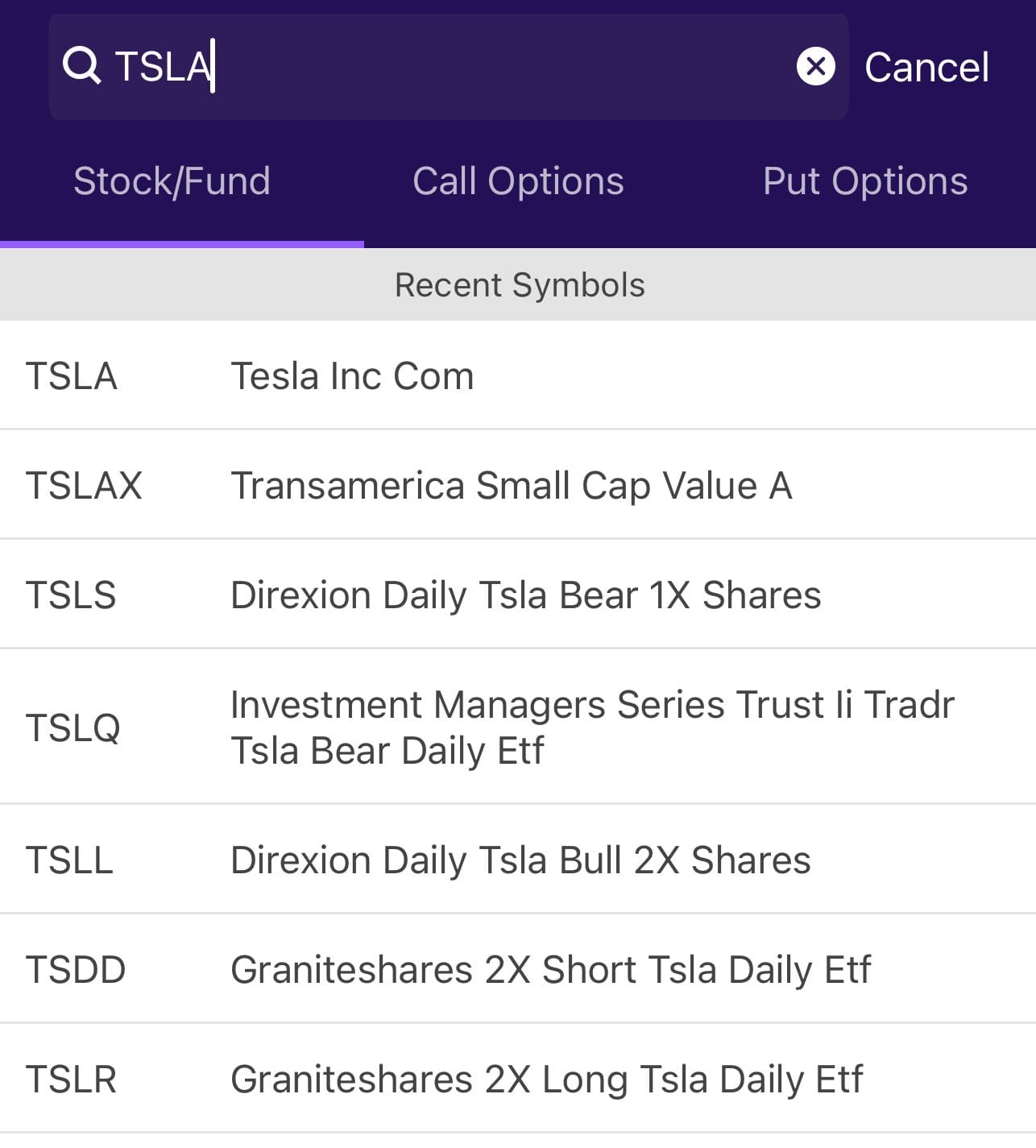
On the other hand, Vanguard is more focused on low-cost funds and basic trading.
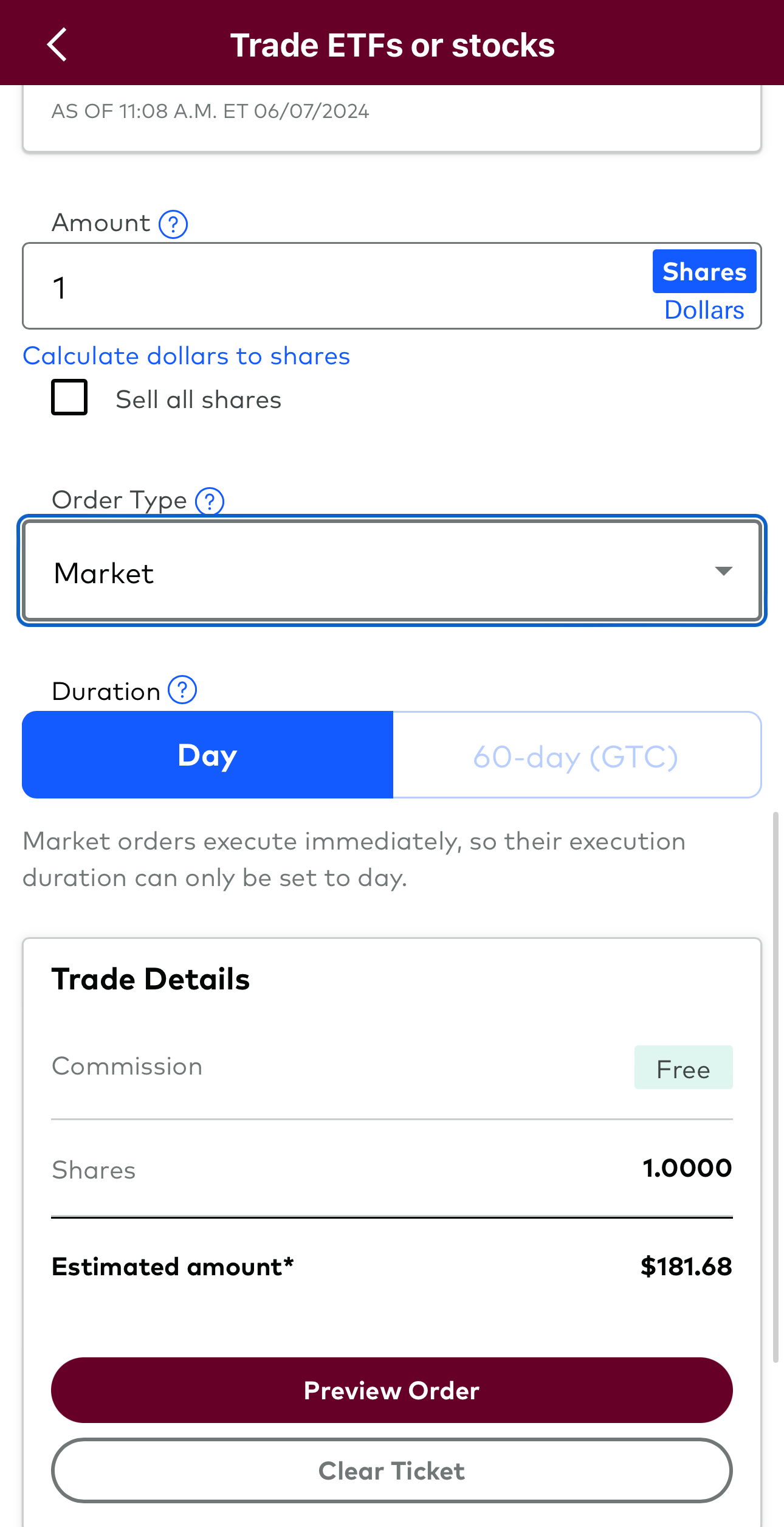
While you can buy, sell, and access good data for fundamental investing, it doesn't offer the more advanced tools traders might need.
-
Robo Advisor And Automated Investing
Both Vanguard and E-Trade offer advanced robo advisors, including combining expert guidance.
If you're a hands-off investor, Vanguard's robo-advisor, Vanguard Digital Advisor, might be perfect for you. It blends Vanguard’s index funds and ETFs, focusing on a balance between stocks and bonds that matches your risk tolerance.
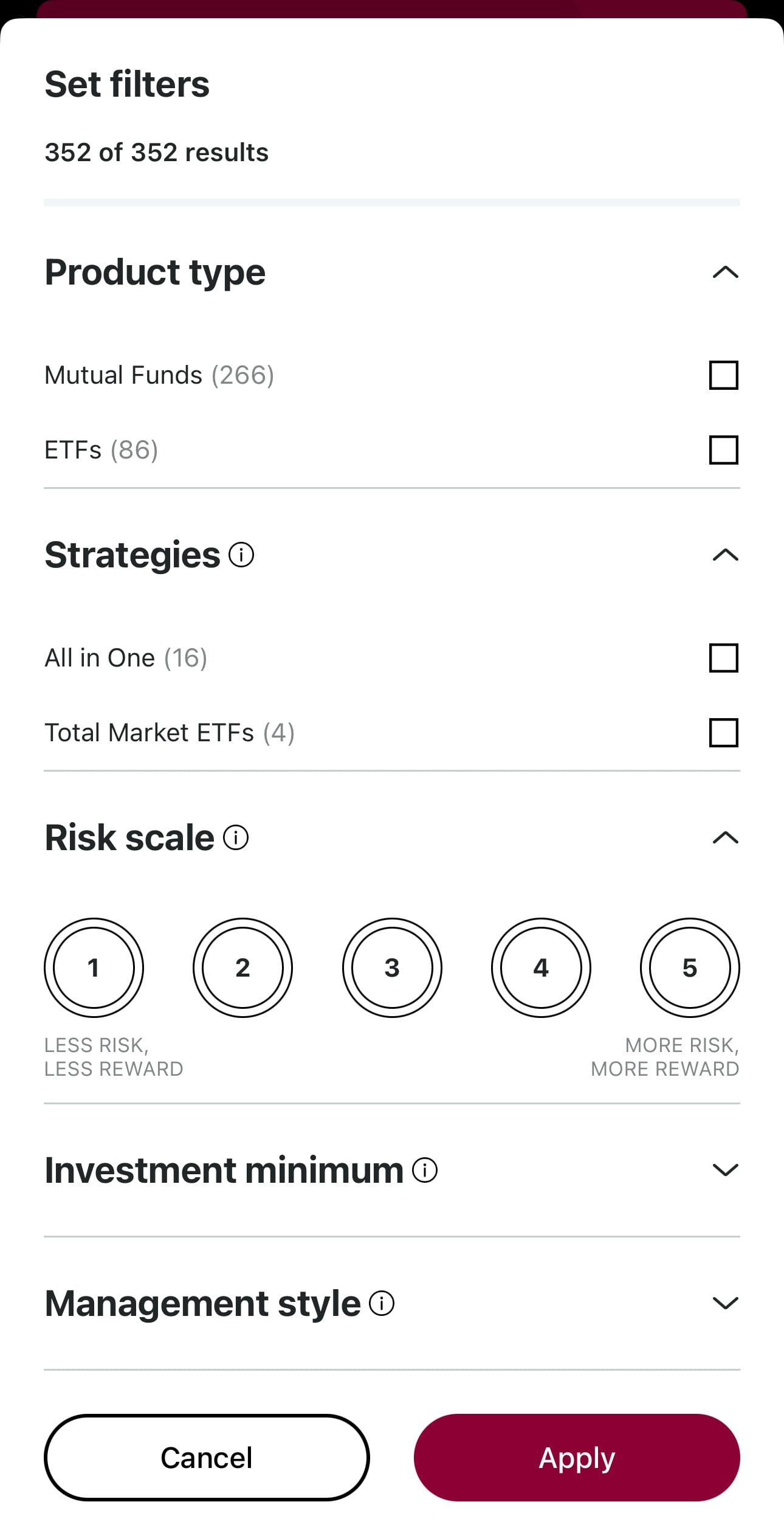
Now, if you like the idea of combining smart technology with human advice, Vanguard’s Personal Advisor takes it up a notch by adding professional financial guidance to the mix.
On the other hand, E-Trade’s Core Portfolios is a great choice if you want something simple yet effective.
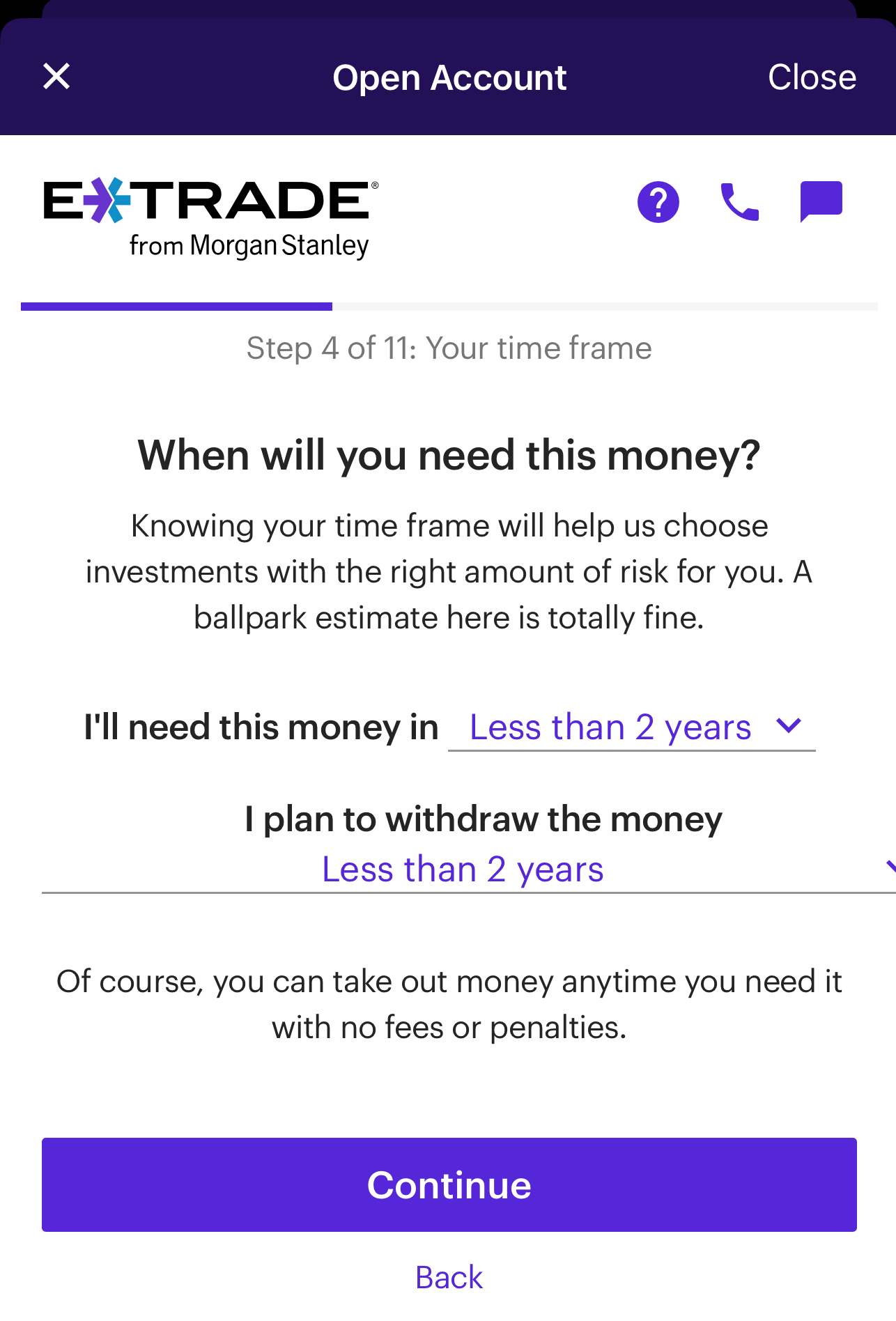
It uses automated technology along with expert guidance to help manage your investments, making it super easy to build a portfolio that fits your financial goals.
-
Retirement Accounts
If you're primarily focused on retirement investments, Vanguard is a great pick. Their services are tailored specifically to retirement strategies, making them ideal for those planning for the long term.
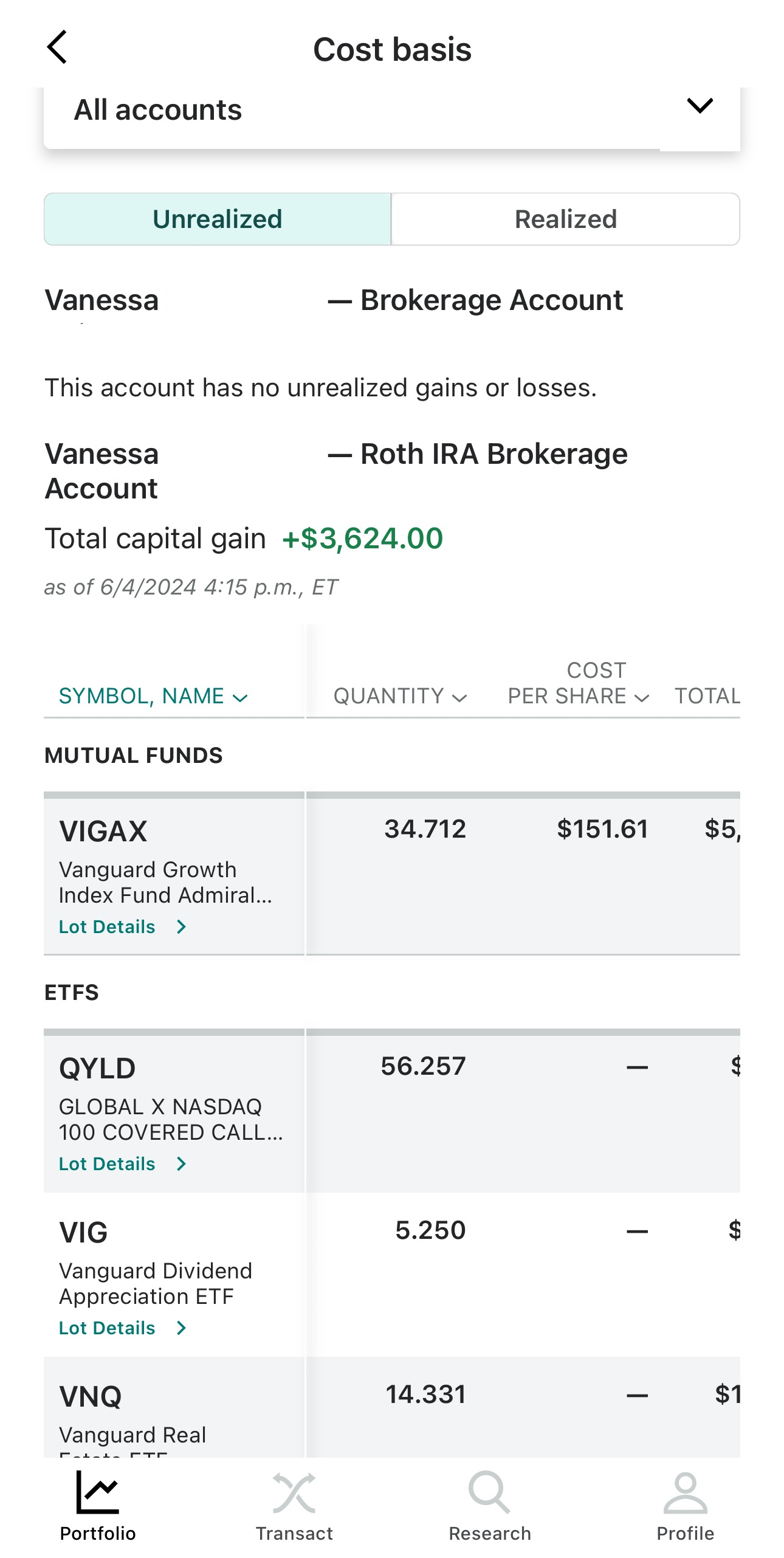
Vanguard is well-known for offering a variety of retirement accounts, like traditional and Roth IRAs, SEP IRAs, and SIMPLE IRAs. Plus, their emphasis on low-cost index and target-date funds makes them a solid choice for anyone looking to build a retirement nest egg.
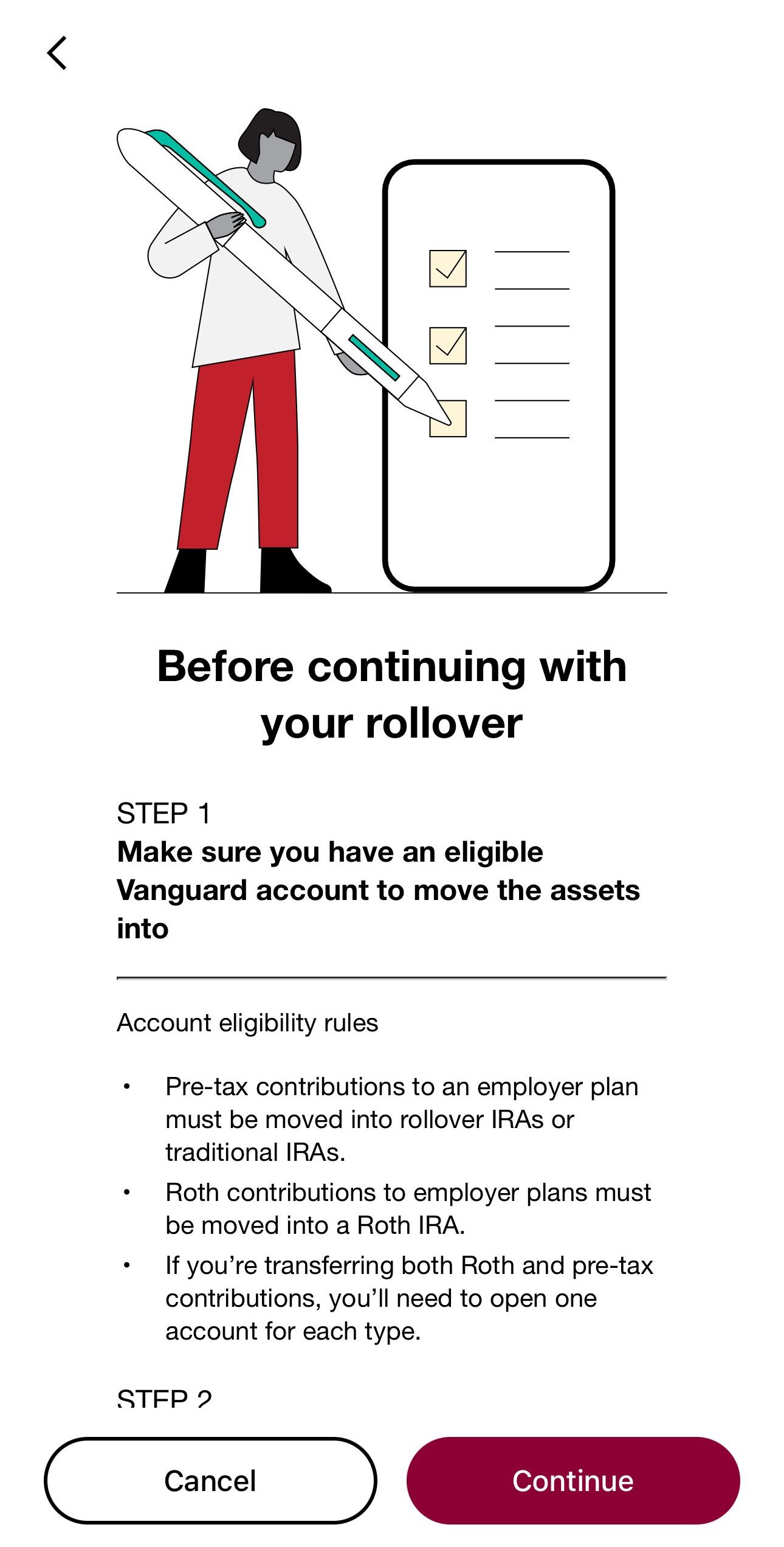
They also provide helpful tools to set goals, estimate future expenses, and keep track of IRA contributions.
On the other hand, E-Trade shines with its broad selection of retirement accounts.
In addition to traditional and Roth IRAs, they offer specialized options like Rollover IRAs, Beneficiary IRAs, and even IRAs for minors, making it a versatile platform for a range of retirement needs.
-
Fees
When it comes to fees, both Vanguard and E-Trade are pretty similar.
They both offer commission-free trading for U.S. stocks, ETFs, and mutual funds, and charge $0.65 per contract for options trading.
Vanguard | Etrade Core Portfolio | |
|---|---|---|
Fees | Up to 0.30%
$0 online commission on U.S. listed stocks, mutual funds and ETFs, options: $0.65 per-contract, Vanguard Digital Advisor – 0.015%, Vanguard Personal Advisor: 0.03%, Vanguard Personal Advisor Select: up to 0.03%, Vanguard Wealth Management: up to 0.03% | 0.30% |
As for robo-advisory services, the fees are a bit different. E-Trade’s robo-advisor tends to be pricier, while Vanguard charges just 0.15% if you’re okay without a personal advisor.
If you want access to a human advisor, Vanguard’s fee goes up to 0.30%, but it’s still pretty competitive.
-
Cash Management And Savings Rates
When it comes to banking options, E-Trade takes the lead.
Vanguard | E-trade Premium Savings | |
|---|---|---|
Savings APY | 3.65% | 4.00% |
E-Trade offers a more familiar banking experience with its Premium Savings Account and checking accounts, managed by Morgan Stanley Private Bank.
Their checking accounts are great for everyday needs, offering perks like unlimited ATM fee refunds and online bill pay for added convenience.
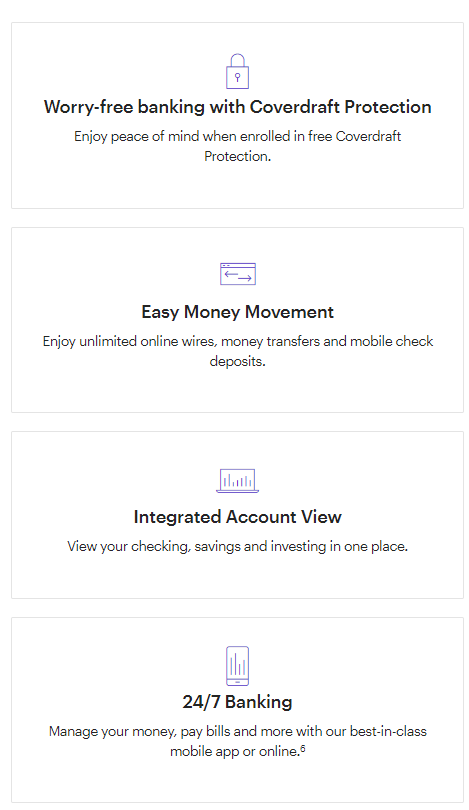
The Premium Savings Account comes with a competitive interest rate and no minimum deposit, making it easy to get started.
Vanguard, on the other hand, has the Cash Plus Account, which earns solid interest on balances, and also offers money market funds, though these require a $3,000 minimum.
The Cash Plus Account works similarly to a traditional checking account, with online bill pay and check-writing features.
-
Wealth Management Options
When it comes to wealth management, Vanguard really shines.
Vanguard’s Wealth Management services are tailored for investors with $5 million or more in assets, focusing on long-term financial planning, investment management, and estate planning.
They offer a mix of automated tools (robo-advisors) and expert advice from certified financial planners to create personalized strategies that help minimize taxes and plan for the future, including estate planning.
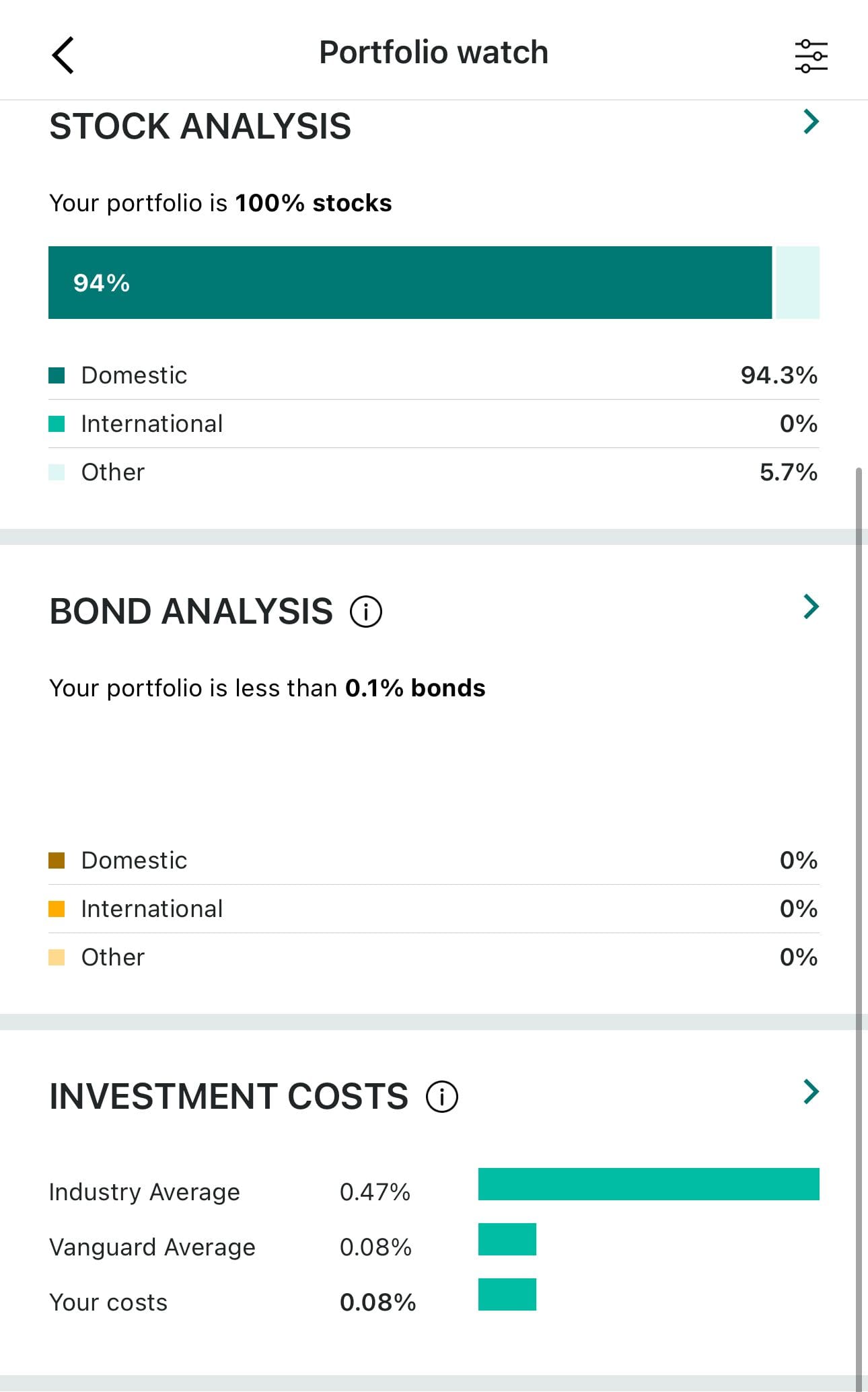
On the other hand, E*TRADE, through its partnership with Morgan Stanley, provides a wide range of wealth management services.
These include personalized financial planning, custom investment strategies, and access to a broad selection of investment products, making it a solid option for those seeking professional guidance.
Bottom Line
Vanguard is our pick for long-term investors, wealth management, or retirement.
On the other hand, E-Trade may be better for traders active investors, and those who need cash management account
Vanguard vs. Competitors: How Does It Stack Up?
While Vanguard appeals to buy-and-hold investors, Schwab’s platform is designed for those who want to engage actively with the market
Vanguard may be a better option for value, long-term investors, while Merrill offers better trading options. Here's a side-by-side comparison
Vanguard vs. Merrill Edge: Which Brokerage is Right for You?
Vanguard provides more options for investors, while Interactive Brokers offers superior technical tools for active traders
Vanguard vs. Interactive Brokers: Which Brokerage is Right for You?
Vanguard offers more options for investors, including retirement, robo advisors, and wealth management, while Robinhood is best for traders.
Vanguard offers a better approach for serious investors, while JP Morgan's self-directed is better for beginners and advanced traders
Vanguard vs. J.P. Morgan Self-Directed: Which Broker is Best For You?
Fidelity is our choice due to its better retirement options and more extensive trading app. But, the differences are insignificant.
Compare E-Trade Side By Side
Schwab is our pick for long-term investors, wealth management, or retirement. E-Trade may be better for traders and cash management.
Robinhood is best for low-cost platform for various trading needs, including Crypto. Etrade is better for one stop shop, including banking.
ETRADE is best for a comprehensive array of investment options, while Webull app design and charting is one of the most appealing we've seen


